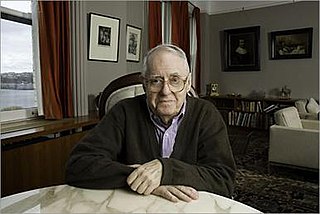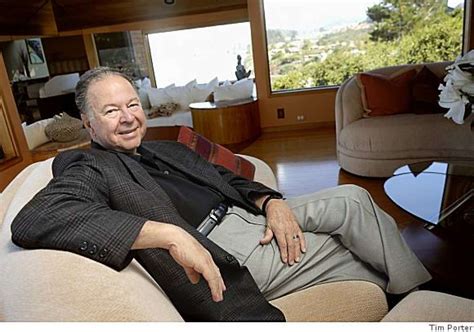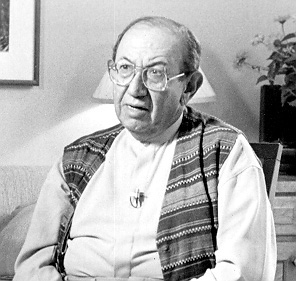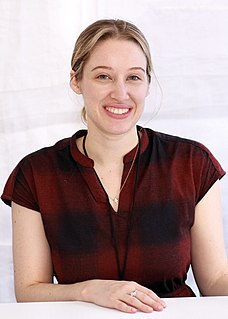A Quote by Peter Gay
Freud, Jung thought, had been a great discoverer of facts about the mind, but far too inclined to leave the solid ground of "critical reason and common sense." Freud for his part criticized Jung for being gullible about occult phenomena and infatuated with Oriental religions; he viewed with sardonic and unmitigated skepticism Jung's defense of religious feelings as an integral element in mental health. For Freud, religion was a psychological need projected onto culture, the child's feeling of helplessness surviving in adults, to be analyzed rather than admired.
Quote Topics
About
Admired
Adults
Been
Being
Child
Common
Common Sense
Critical
Criticized
Culture
Defense
Element
Facts
Far
Feeling
Feelings
Great
Ground
Gullible
Had
Health
Helplessness
His
Inclined
Infatuated
Integral
Jung
Leave
Mental
Mental Health
Mind
Need
Occult
Onto
Oriental
Part
Phenomena
Psychological
Rather
Reason
Religion
Religions
Religious
Sardonic
Sense
Skepticism
Solid
Surviving
Than
Thought
Too
Viewed
Related Quotes
Mythologies were the earliest dreams of mankind, and in the psychotic delusions of his patients, Jung believed he was encountering those dreams again. Freud, too, believed that the psyche retained archaic vestiges, remnants of our earlier mental world. But for Freud these were a burden we were forced to repress. Jung instead would see them as a reservoir of vital energy, a source of meaning and power from which, through the over-development of our rational minds, modern mankind has become divorced.
Unlike Freud, Jung did not believe that a dream is a mask for a meaning already known but deceitfully withheld from the consciousmind. In his view, dreams were communication, ideas expressed not always straightforwardly, but in the best way possible within the limits of the medium. Dreaming, in Jung's psychology, is a constructive process.
Beauty has never been an important topic in the writings of the major psychologists. In fact, for Jung, aesthetics is a weak, early stage of development. He follows the Germanic view that ethics is more important than aesthetics, and he draws a stark contrast between the two. Freud may have written about literature a bit, but an aesthetic sensitivity is not part of his psychology.
The two most far-reaching critical theories at the beginning of the latest phase of industrial society were those of Marx and Freud. Marx showed the moving powers and the conflicts in the social-historical process. Freud aimed at the critical uncovering of the inner conflicts. Both worked for the liberation of man, even though Marx's concept was more comprehensive and less time-bound than Freud's.
The idea that boys want to sleep with their mothers strikes most men as the silliest thing they have ever heard. Obviously, it did not seem so to Freud, who wrote that as a boy he once had an erotic reaction to watching his mother dressing. But Freud had a wet-nurse, and may not have experienced the early intimacy that would have tipped off his perceptual system that Mrs. Freud was his mother. The Westermarck theory has out-Freuded Freud.
I'm not close to him." He looked at me defiantly. "But he's put his whole life into this. He's no Freud or Jung or Pavlov or Watson, but he's doing something important and I respect his dedication - maybe even more because he's just an ordinary man trying to do a great man's work, while the great men are all busy making bombs.
Even philosophies who have denounced pseudosciences like psychoanalysis, have condoned pseudoscientific economic theories like neoclassical microeconomics. It is far safer and easier to criticize Freud and Jung than to criticize Milton Friedman and Friedrich Hayek, because the latter are backed by political movements whereas the former are not.
Fantasy is not antirational, but pararational; not realistic but surrealistic, a heightening of reality. In Freud's terminology, it employs primary not secondary process thinking. It employs archetypes which, as Jung warned us, are dangerous things. Fantasy is nearer to poetry, to mysticism, and to insanity than naturalistic fiction is. It is a wilderness, and those who go there should not feel too safe.








































